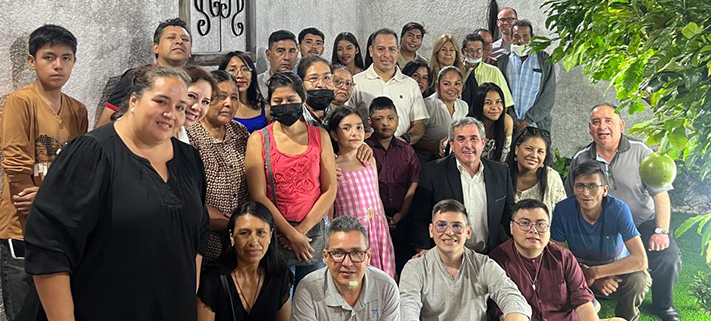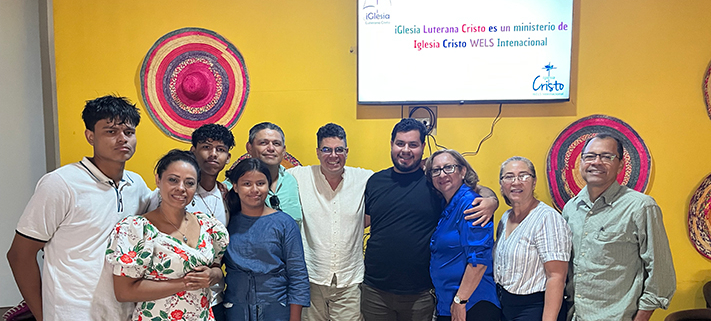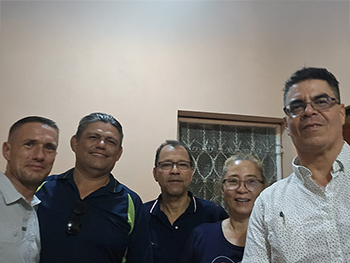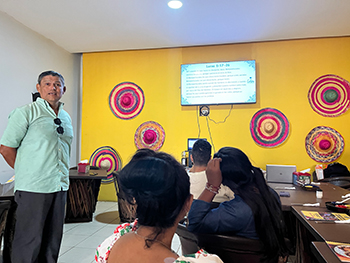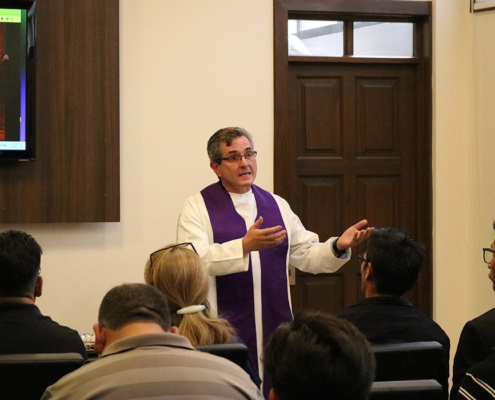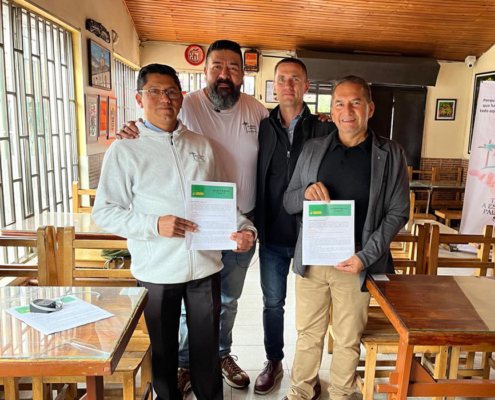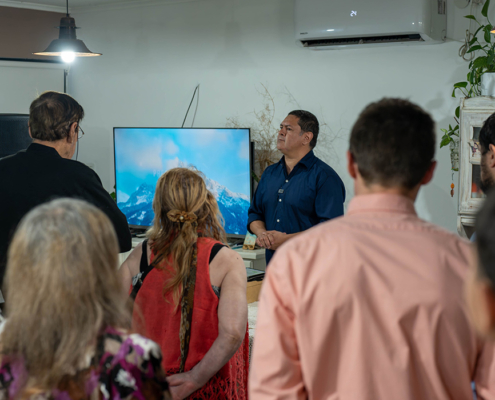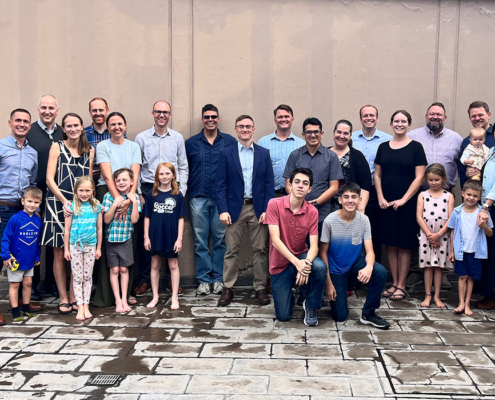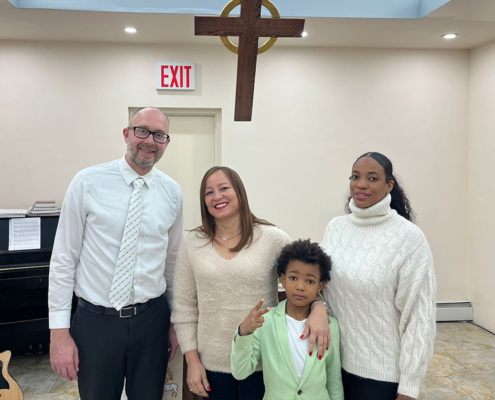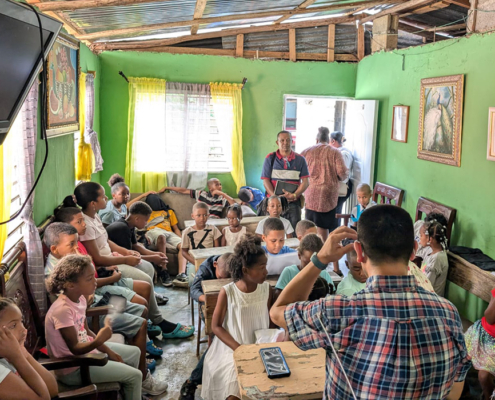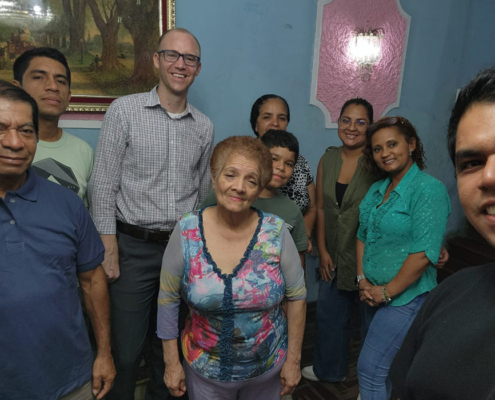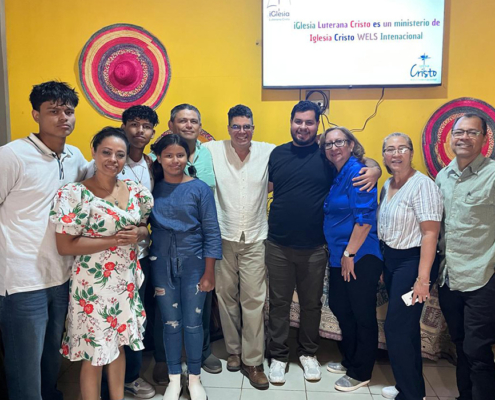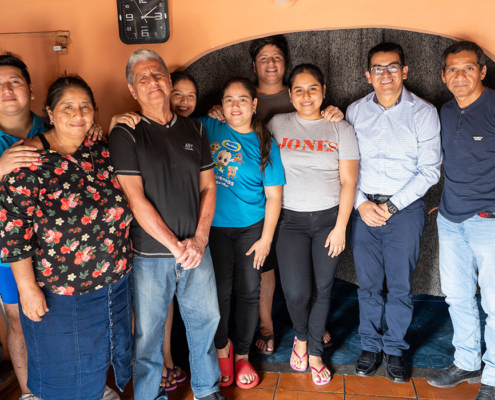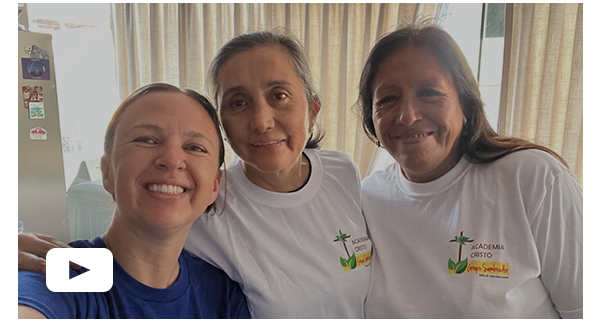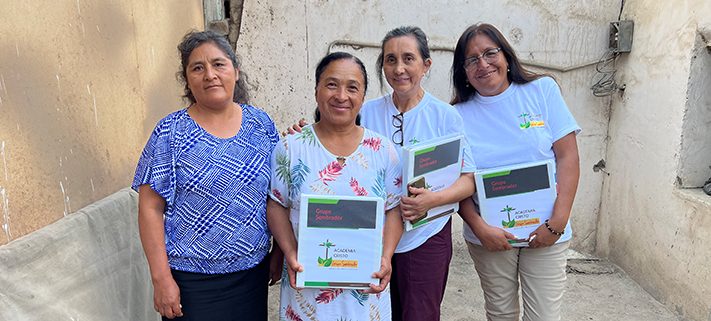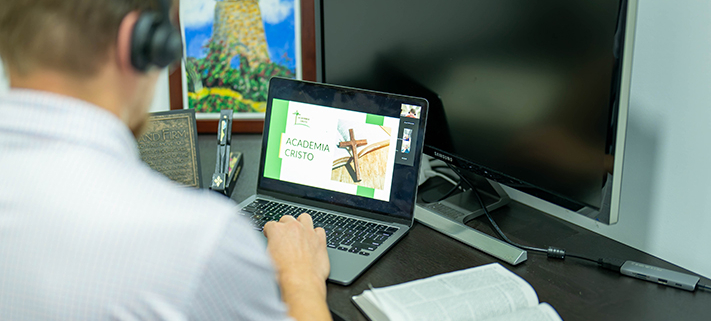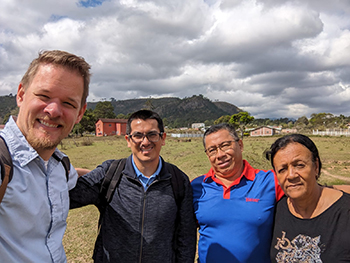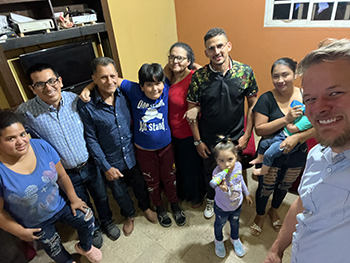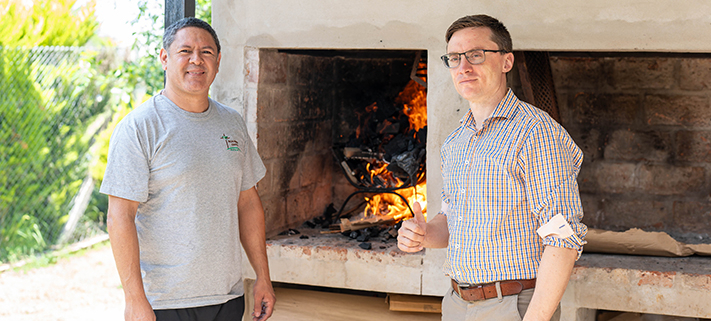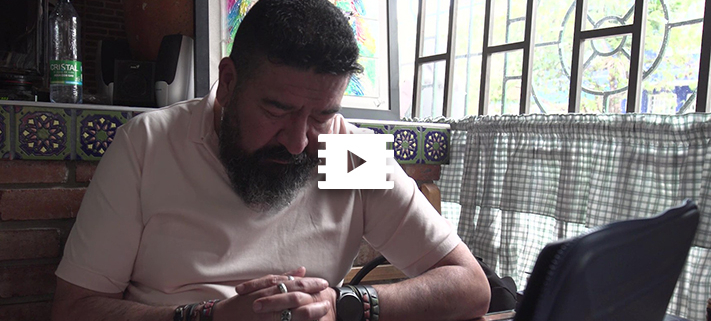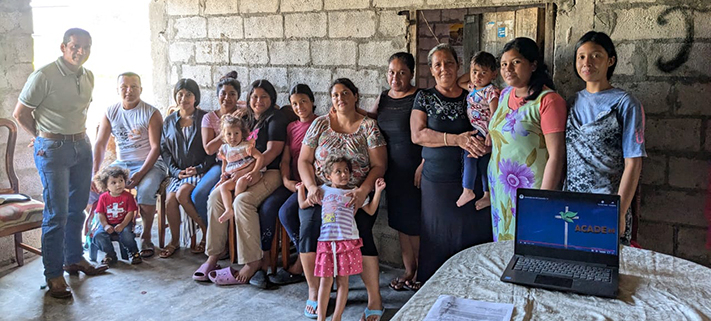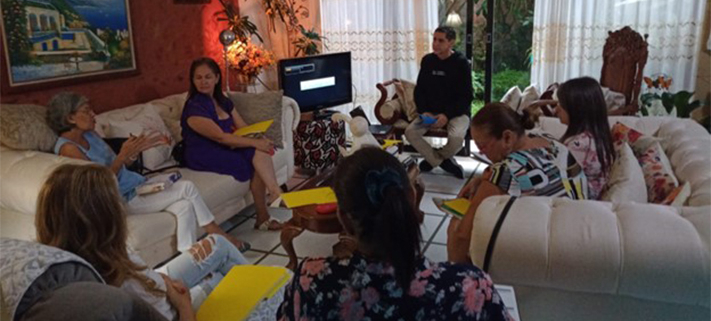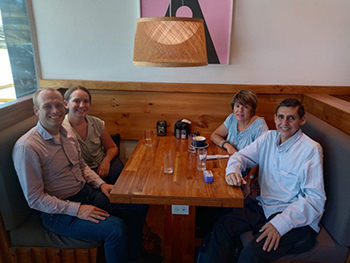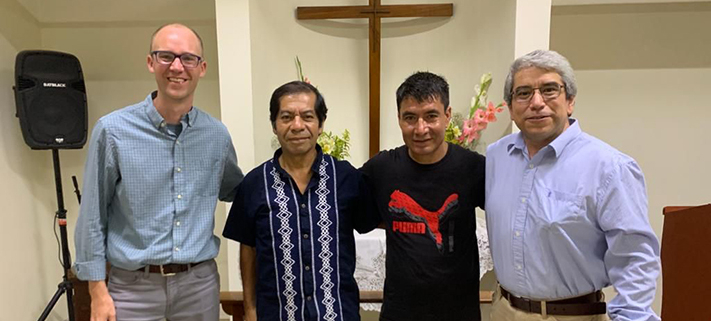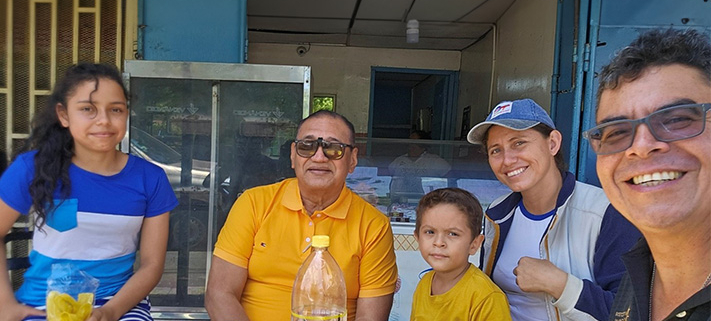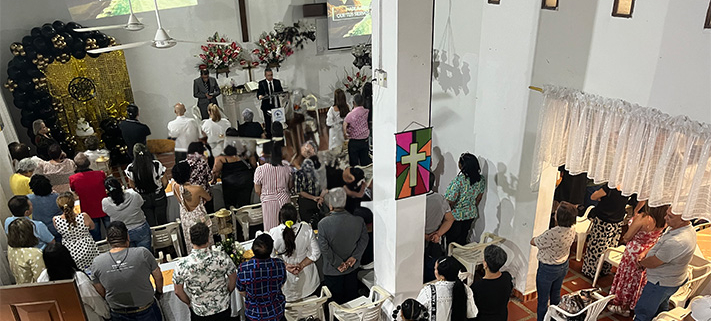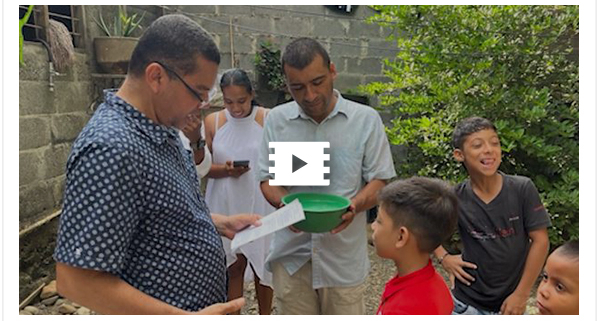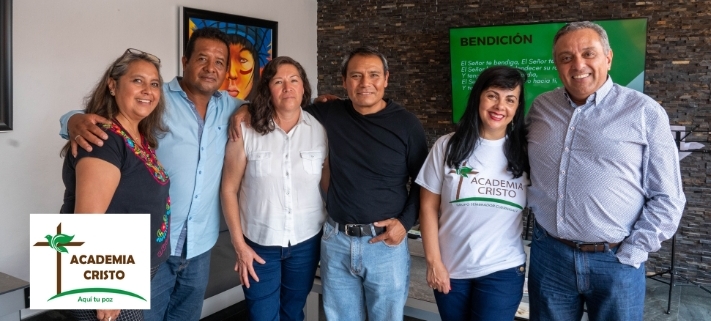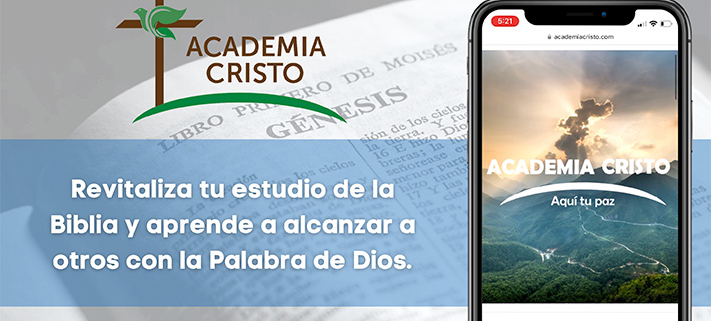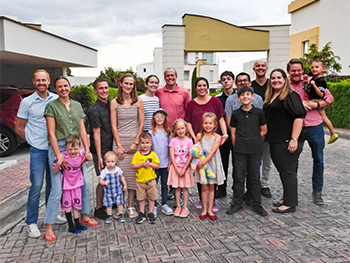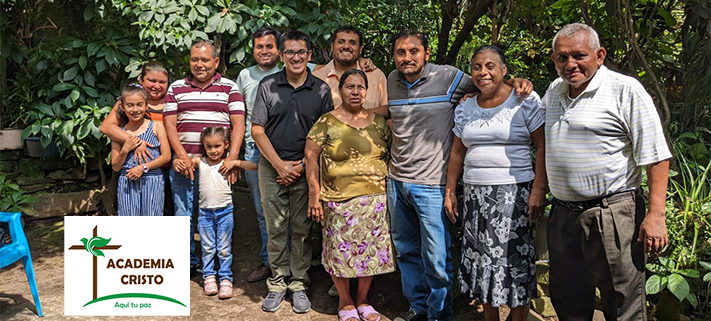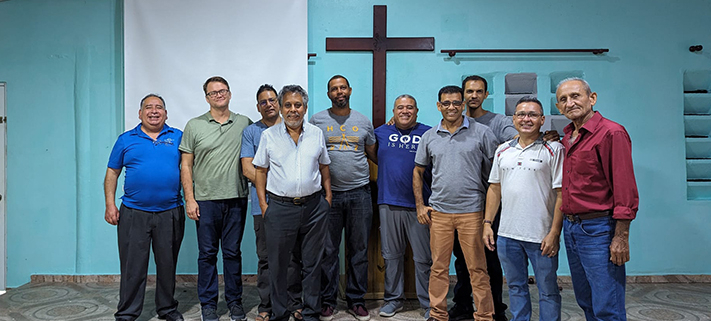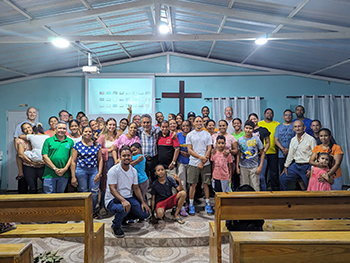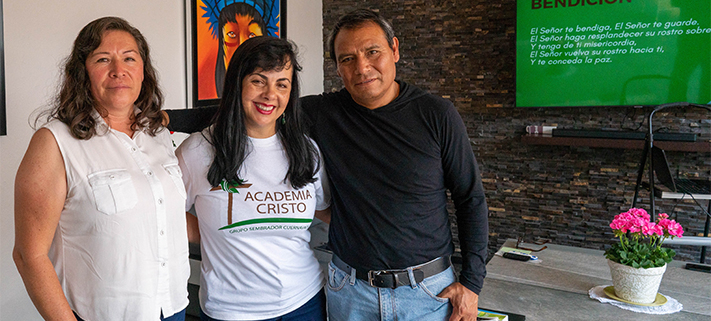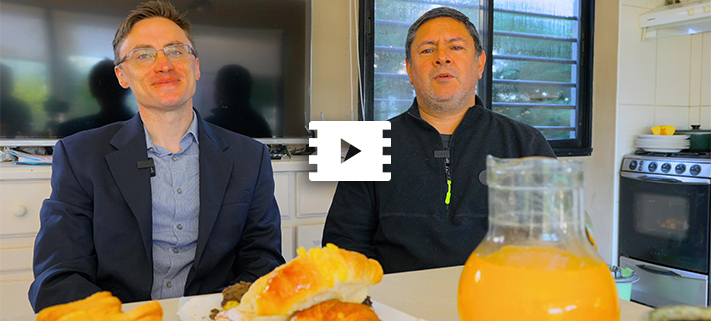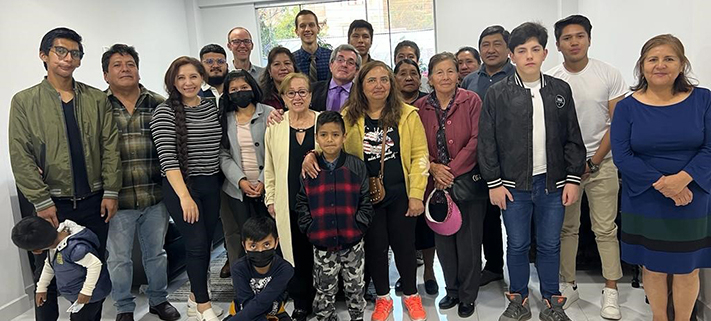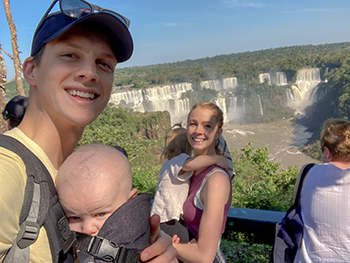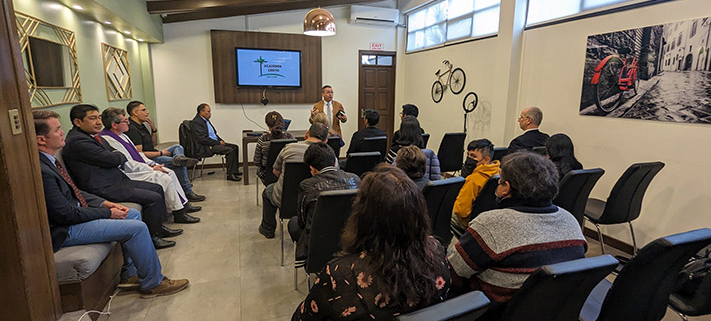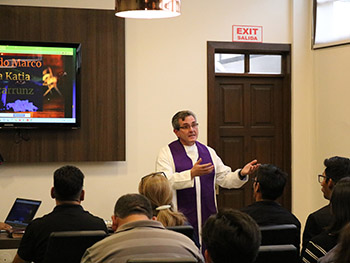Medicine opening doors for ministry
When we arrived in Santa Cruz, Bolivia, we went straight from the airport to the hospital. No, we weren’t in need of a doctor. But we were there to see one—a doctor who’s also planting a new church in that city.
Eduardo Milanesi is a maxillofacial surgeon who started studying with Academia Cristo five years ago. As he advanced through his studies, by God’s grace he was able to gather a group to study God’s Word with him in his home city of Cochabamba. The group grew and is now a church that belongs to WELS’ sister synod in Latin America, Iglesia Cristo WELS Internacional. Eduardo leads them every Sunday in worship.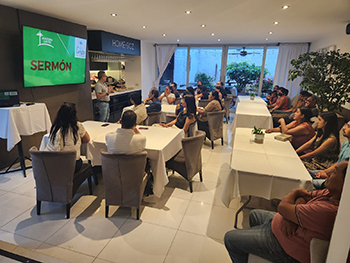
But last year, God opened a door for Eduardo to start another medical practice in Santa Cruz, Bolivia’s largest city. Eduardo saw that as an open door for the gospel too. Medicine and ministry go hand in hand for him; each patient is an evangelism prospect. As he treats them, he can’t help but share the gospel with them.
And the gospel is bearing fruit in Santa Cruz. When we got to the hospital, Eduardo introduced us to Luis. Luis was in recovery. The day before, Eduardo and his wife, Ingrid—also a surgeon—had removed a tumor from Luis’ face. The surgery saved his life. But the more important work happened in the weeks leading up to it. Eduardo had been sharing God’s Word with both Luis and his family—and the Holy Spirit had worked saving faith in their hearts.
They aren’t the only ones. After changing out of their scrubs, Eduardo and Ingrid took us to meet the rest of the group God is gathering in Santa Cruz. More than 30 souls came together for worship. Eduardo led the service. Two leaders of Iglesia Cristo WELS Internacional who were traveling with me—Pastors Henry Herrera and Julio Ascarrunz—shared the Word with them. Many in attendance were Eduardo’s former patients and their families. Others were friends and colleagues. All were eager to hear the good news of forgiveness in Christ.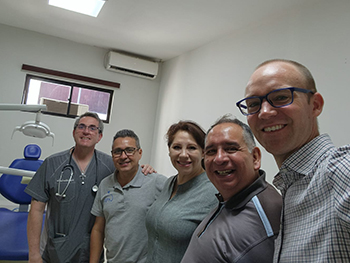
Eduardo travels weekly between his practices in Cochabamba and Santa Cruz. But he can’t be in both places at once. So, he’s encouraging men in both groups to take the same path he did and study in Academia Cristo, where they’ll receive training to help lead worship and Bible studies when he can’t.
In the meantime, he’ll continue in both of his callings—saving lives as a surgeon and sharing the soul-saving gospel.
Written by Abe Degner, missionary on the One Latin America Team
WELS Missions
Learn about the ministry work of WELS Missions.
SUPPORT MISSIONS
Support the ministry work of WELS Missions.

